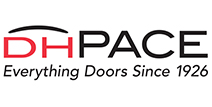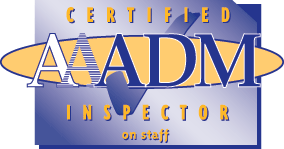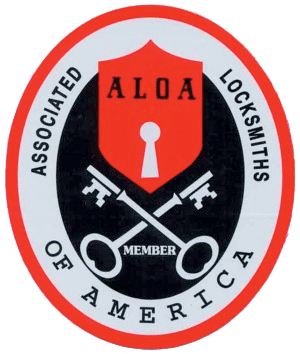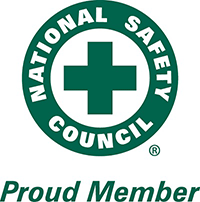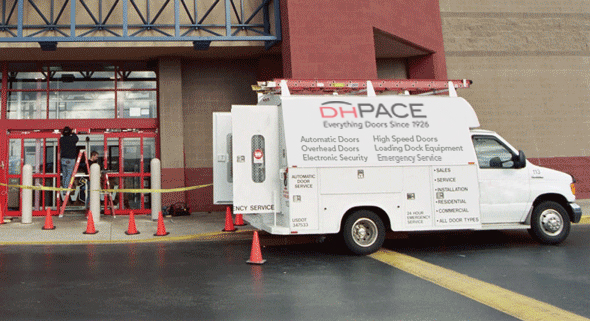 Regular Inspections and maintenance helps to increase safety for your employees, improve performance and maintain efficiency for your business operations, and can help you identify possible code compliance violations and related legal obligations.
Regular Inspections and maintenance helps to increase safety for your employees, improve performance and maintain efficiency for your business operations, and can help you identify possible code compliance violations and related legal obligations.
[column size=”1-2″ last=”0″ style=”0″] The Cost of Unsafe Doors
Expensive Equipment Repairs
Rising Medical Expenses
Customer and Employee Accidents
Lost Administration Time
Costly Lawsuits and Settlements
[/column]
[column size=”1-2″ last=”1″ style=”0″] The Cost of Inefficient Doors and Equipment
Downtime
Lost Productivity and Revenue
Poor Public Image
Low Employee Morale
[/column]
Possible code compliance and legal obligations Automatic pedestrian doors should be inspected and tested to industry best practices at least annually by an American Association of Automatic Door Manufacturer (AAADM) certified inspector. Fire-rated rolling, sliding, accordion, and swinging doors should be inspected and tested not less than annually to the criteria found in NFPA 80 (fire) and NFPA 105 (smoke). Based on code language in the 2009 edition of NFPA 101 (life safety), primary egress doors in certain occupancies will be required to be inspected and tested not less than annually
